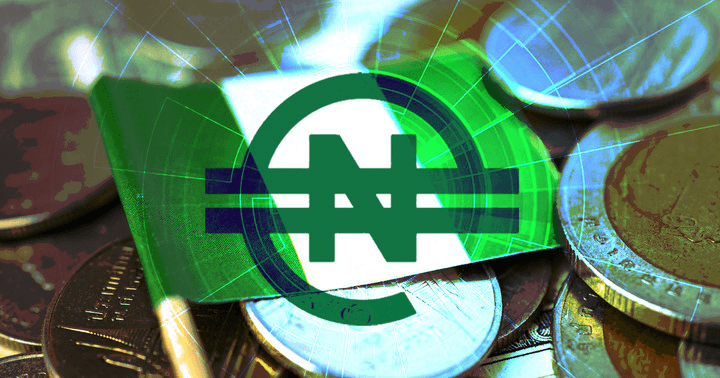Nigerian banks are reluctant to promote Nigeria’s low-cost central bank digital currency, e-Naira, due to concerns of losing revenue.
E-Naira offers a commission-free alternative to traditional money transfers. However, only 700,000 users have created an e-Naira wallet since the currency launched in October 2021. This number is incredibly low, given that Nigeria has nearly 55 million bank accounts.
Lenders are reluctant
Nigeria’s Central Bank Governor, Godwin Emefiele, commented on the low adoption and said:
“There is apathy [towards e-Naira] at the banks.”
Nigerian banks have invested heavily in digital banking services to create additional commission-based income streams. Overall, everything the e-Naira offers undermines these investments because it provides a low-cost alternative to money transfers, and deposits in e-Naira wallets don’t count as cash in lenders’ books.
Currently, e-Naira wallets are only available to bank customers. To increase adoption, the Nigerian Central Bank is collaborating with Africa’s largest mobile network operator MTN Group to give Nigerians that don’t have bank accounts access to e-Naira wallets.
Emefiele mentioned the new project and said it’s “almost concluding tests.”
Nigeria on crypto
Nigeria is one of the countries with the highest crypto adoption. In 2021, Nigeria was one of the countries that led the 880% global crypto growth in one year. At the time, 24.2% of all Nigerians invested in at least one digital asset, while Bitcoin was the most popular choice with over 60%.
Gemini’s 2022 Global State of Crypto report showed that the national ownership rate increased to 26% in 2022. In addition, 63% of Nigerians think that crypto is the future of money. More than 44% of non-crypto owners also said they’re interested in buying crypto in the coming year.
While society is confident in how they feel about crypto, the Nigerian government seems in-between. The country decided to work on e-Naira in September 2021. At the time, the officials said they considered making e-Naira the legal tender because “85% of Central banks were considering adopting digital currencies in their countries.”
One month later, the government announced the indefinite suspension of the e-Naira project because “other key activities lined up to commemorate the country’s 61st Independence Anniversary.”
Regardless, the e-Naira was launched within the same month, in October.
About two weeks after the launch of e-Naira, Nigeria’s Central Bank ordered the country’s financial institutions to close all crypto-related bank accounts.
Currently, the ban on crypto-related bank accounts continues while crypto trading is still legal in the country.
Credit: Source link












































































































































